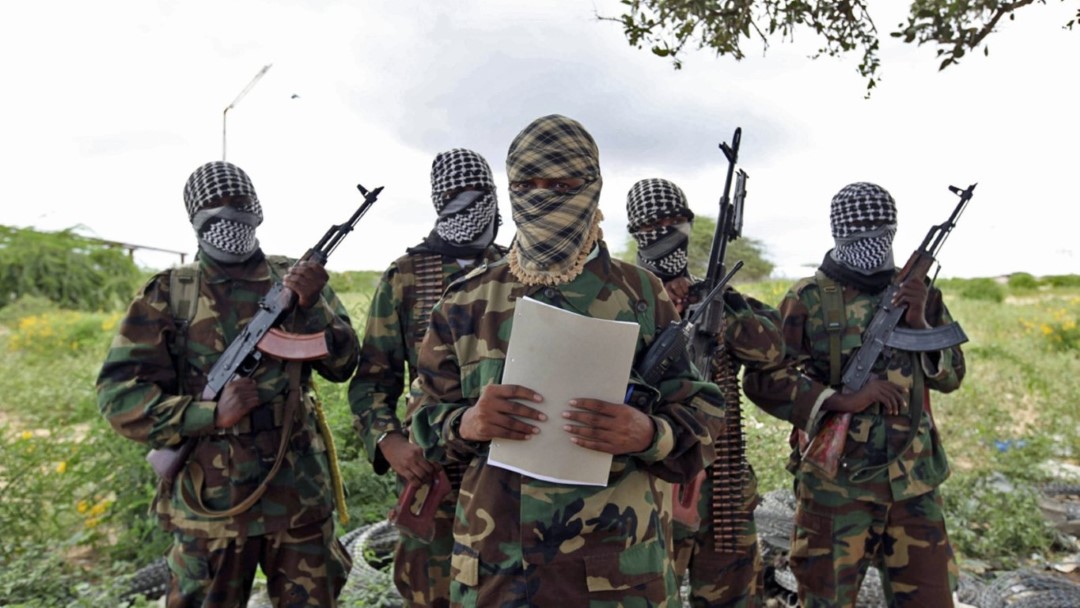A report released by the Mogadishu-based Hiraal Institute has revealed that Somali Islamic extremist group al Shabaab collects as much tax as the government through a sophisticated system that involves levies on activities ranging from importing goods to irrigating crops.
The report was based on 70 interviews with businessmen, government officials, al Shabaab defectors and active members of the terror group’s tax collection arm.
Somali’s government, despite being propped up by Ethiopian and Kenyan troops under the AMISSOM banner, and the U.S. and Turkish Special Forces, still struggles to exert control over the state even in the capital Mogadishu.
Al Shabaab were driven out of the capital in 2010, but still conduct suicide bombings amongst other terror attacks that have killed thousands of innocent civilians. Businessmen operating in the city claim they have to pay taxes to the group in order to maintain operations, particularly in the Bakara market, that was once “the most dangerous place in the world.”
The Hiraal Institute report extensively examines receipts and income reports from religious taxes and fees charged on activities such as crossing checkpoints, running businesses, irrigating or selling land, or exporting and importing goods.
In the report, one Somali military commander in the national army confirmed that he had to pay the Islamic extremists $3,600 in taxes to finish building his house.
Despite his rank in the army, the first contractor he hired quit after al Shabaab threatened him because the commander had not paid taxes. The second contractor stopped work for the same reason. Even trucks carrying his construction materials would not move, the commander said, until he made his payment.
Surprisingly, despite all the combined international efforts to push out the Al Qaeda linked group, Hussein Sheikh Ali, Somalia’s former national security advisor and founder of Hiraal Institute said that al Shabaab’s tax collection had grown more efficient in the last two years.
“These people are really into the business of money-making,” he said. “That did not mean they are corrupt.”

